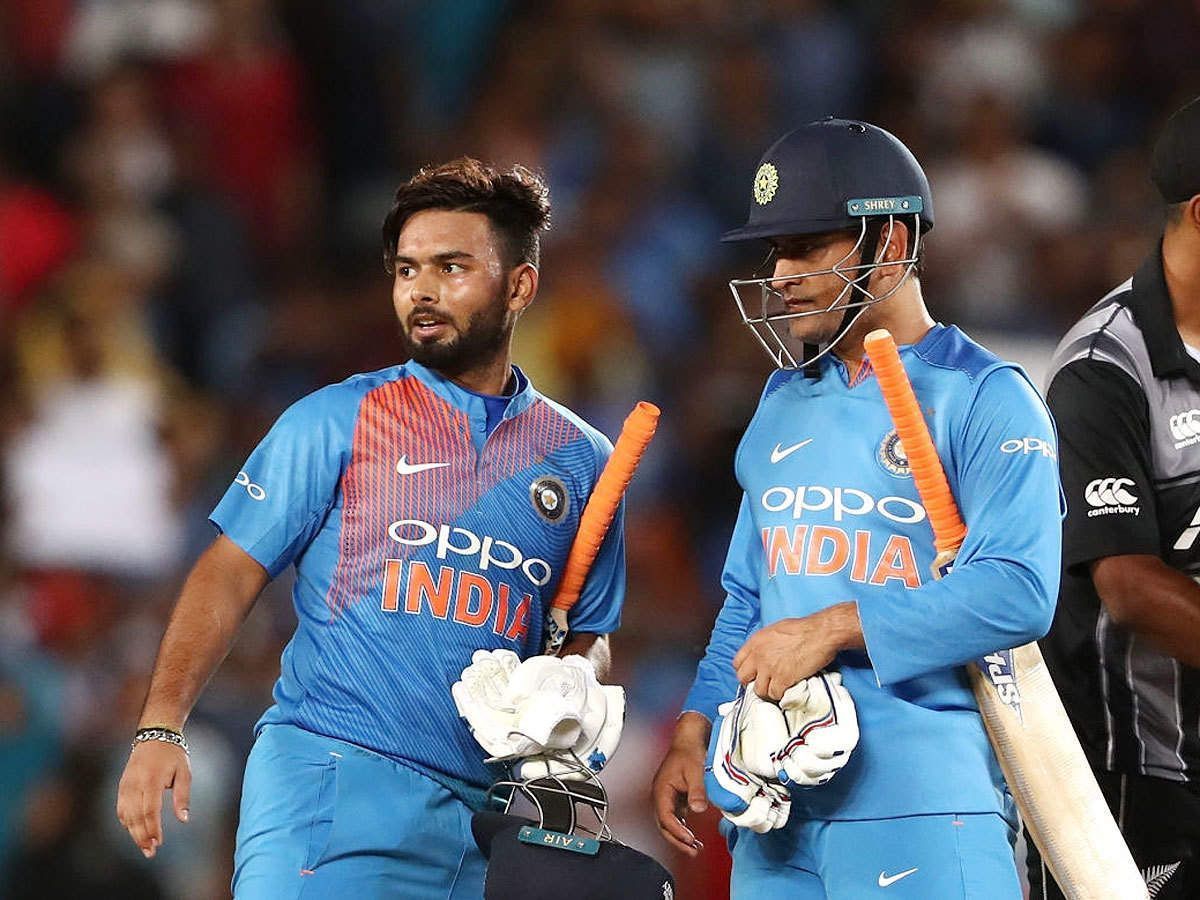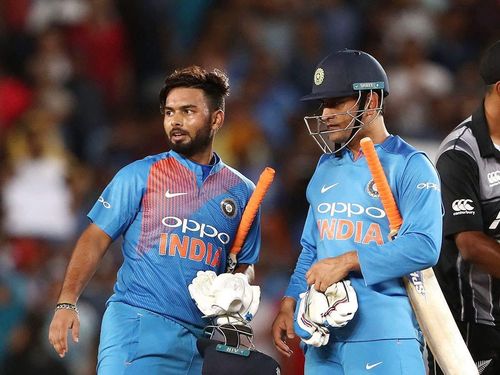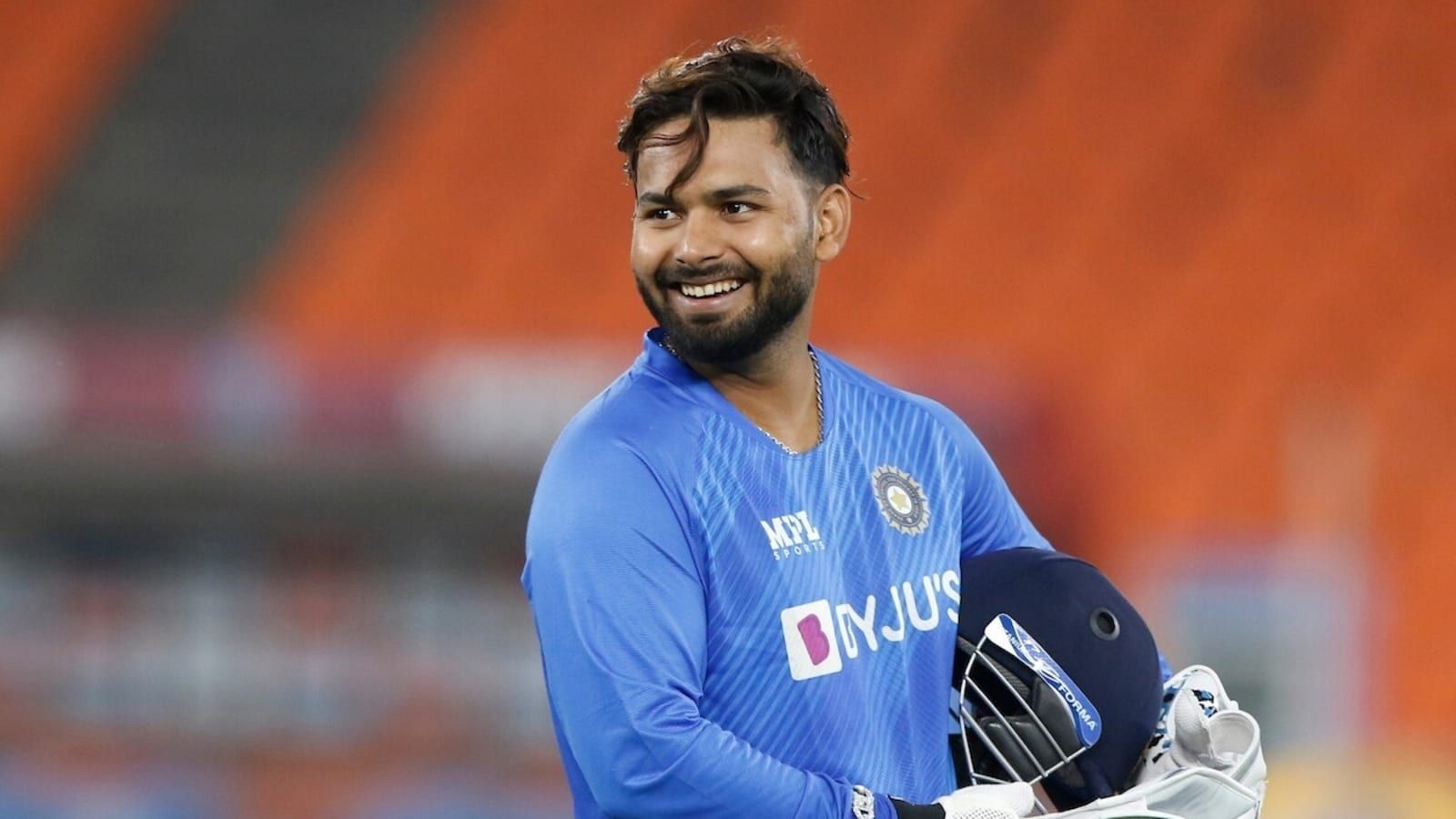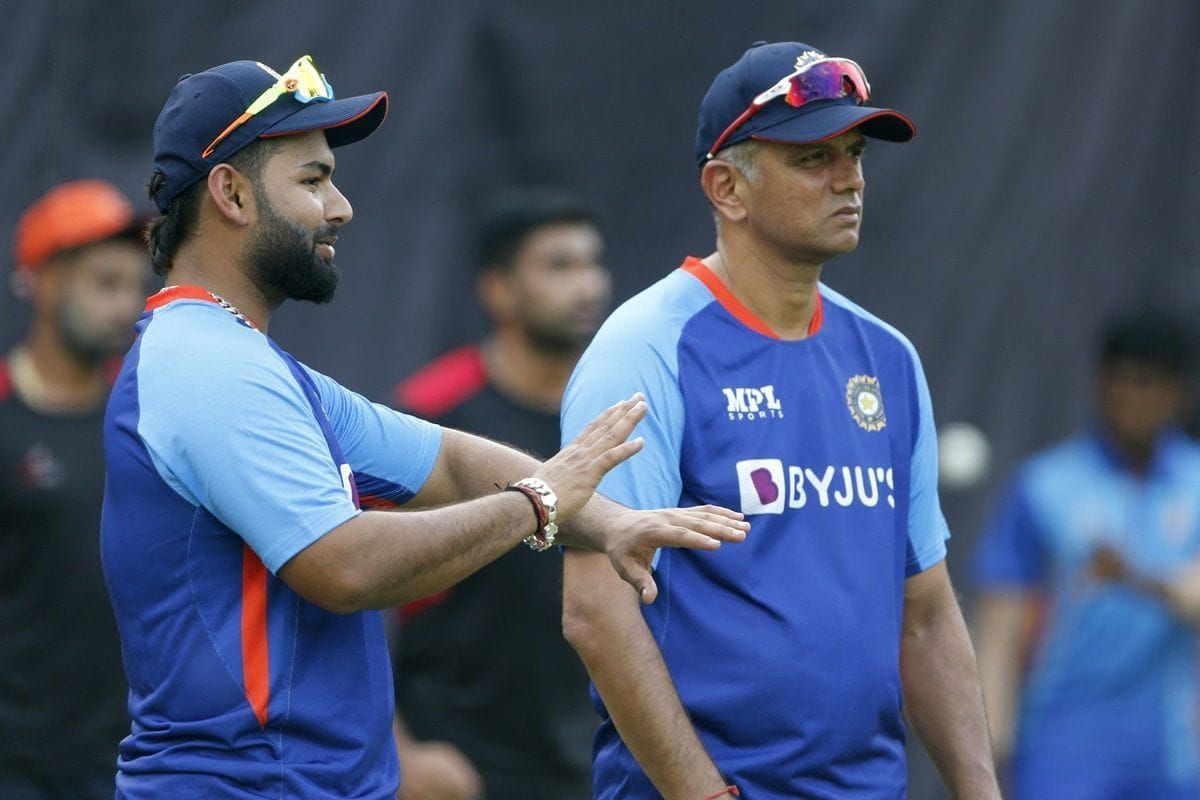
3 things Rishabh Pant can learn from MS Dhoni's captaincy

After KL Rahul was ruled out of the South Africa T20I series due to an injury, Rishabh Pant was handed the reigns to lead Team India. The 24-year old made his captaincy debut on his home ground, the Arun Jaitley Stadium in New Delhi.
It wasn't the best of starts to Pant's captaincy stint, though, as David Miller and Rassie van der Dussen led the Proteas to victory in an enthralling run chase. It was a learning curve for Pant in his early captaincy days.
With experienced names like Rohit Sharma and Virat Kohli rested for this series, it's a good opportunity for Rishabh Pant to showcase his leadership qualities. He has some leadership experience under his belt, having captained the Delhi Capitals in the IPL. However, leading the national team is a different challenge altogether.
Since coming into the Indian side, the Delhi batter has drawn comparisons to MS Dhoni. In fact, there won't be a better role-model for him to emulate as he gears up to battle the trials and tribulations of the captaincy role.
On that note, let's take a look at three lessons Pant can learn from the former great.
1) Calmness in crunch situations

MS Dhoni carried the label of 'Captain Cool' throughout his captaincy career. Calmness in adversity was one aspect of his game that stood head and shoulders above the rest. It was also one of the reasons that helped him become the only Indian captain to win three ICC white-ball tournaments.
If there's one aspect of Rishabh Pant's game that has bothered the fans, it's his temperament. This is not to suggest that the Delhi boy is ill-tempered. It's only to imply that clarity with a calm mind goes a long way for a captain.
When referring to the 24-year old's temperament, people usually refer to his batting approach in Test cricket. As captain, he has displayed enough calmness throughout his stint in the IPL, even when things haven't gone his way.
While calmness isn't the only thing that helps you win games, it allows the captain to assess situations with a clear frame of mind and make the best possible decision at any given moment. That's one of the keys to being a successful captain.
2) Backing his instinct

Not all cricketers are cut out to be captains. There's more to the role than tosses and press conferences. While a major chunk of the captain's role relies on what happens on the field, what goes on behind the scenes is equally important.
If it's a squad announcement, deciding on a playing XI or an on-field call, a captain sometimes has to rely on the situation that is in front of him.
Let's be clear, backing your instincts doesn't guarantee you success. The instinct bit kicks in a bit later. The captain has to be an astute reader of the game before making any sort of decision. MS Dhoni read the game better than most.
The best example of backing his instincts with the Jharkhand player came during the early days of his captaincy. In the T20 World Cup Final in 2007, Dhoni had the option of handing the ball to the experienced Harbhajan Singh for the final over.
However, Misbah ul Haq was on the charge against the off-spinner, so Dhoni handed the ball to Joginder Sharma for the final over, and the rest, as they say, is history.
When a captain backs his own instincts, it's essential that he takes responsibility for it if things don't go his way. Pant seems to be doing that rather well in his young career so far, speaking candidly about how he wants to continue to learn from his mistakes.
3) Respect and managing egos
When a young MS Dhoni was appointed captain for the inaugural T20 World Cup in 2007, he got the nod ahead of a few established players in the side. His transition from T20 captaincy to leading in all formats went about rather smoothly. The credit for much of that goes to the great man himself.
With the likes of Sachin Tendulkar, Virender Sehwag, and Zaheer Khan to name a few, in his side, Dhoni had to gain the respect of these senior players. He did that, in his own typical way.
Dhoni himself spoke about how some senior players would offer words of advice from time to time, but ultimately, he was the one calling the shots. In these situations, it was important for him to respectfully disagree with his seniors as he grew into the role himself.
Over time, this trait went a long way for captain cool. By giving respect to each and every one of his players and staff, Dhoni gained their respect as well. Not only that, he also gained credibility as a skipper over time, overseeing a transitional phase for India after the 2011 World Cup.
If Pant's early captaincy tenure is successful, he could be in a similar situation to MSD later on, overseeing a transitional phase for the Indian Cricket Team.